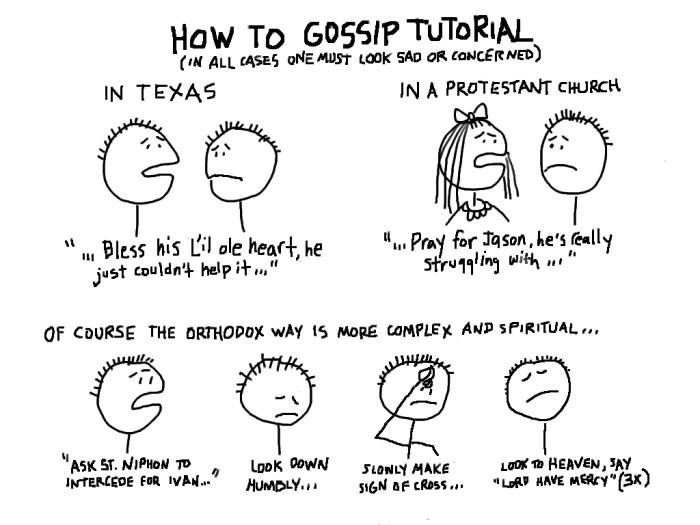Is Magic That Big of a Deal?
I could feel my little-girl heart beating fast inside my chest. My hand slowly reached out to hold onto the little piece that was supposed to move ever so slowly on the Ouija Board in front of us and give us the answers to our most important questions. My two friends’ hands were also on the piece. We waited expectantly.
Somewhere way down deep inside me, this felt absolutely wrong. Yes, I was young but I knew, without a shadow of a doubt, that this was not something I should be fooling around with. After just one question, I made up some reason why I couldn’t keep playing and we left the evil game behind and went outside to play.
That moment is forever etched in my mind. I knew that this was no game. And I knew that I was playing with danger. My spirit was so vexed within me, I almost felt like I couldn’t breathe. I needed to get away from that game. I don’t remember details but I remember that feeling!
I thought of that memory the other day when I was reading about Saul. In our 2015 Bible Reading Challenge this past week, we read about Saul’s death and David being crowned King of Judah. In the midst of all of that, we are reading many of the Psalms. They are like a breath of cool, crisp air in the midst of all of the action and drama we are reading, giving much needed encouragement and refreshing the spirit.
But when I read about Saul’s death the other day in the I Chronicles passage, something really hit me. His death is recorded this way–
(I Chronicles 10:13-14) So Saul died for his breach of faith. He broke faith with the Lord in that he did not keep the command of the Lord, and also consulted a medium, seeking guidance. 14 He did not seek guidance from the Lord. Therefore the Lord put him to death and turned the kingdom over to David the son of Jesse.
Saul died for disobedience and lack of faith. But he also died for seeking guidance from a medium.
We know from other passages that God abhors sorcery and witchcraft. It is abundantly clear in scripture. Here are a few passages that make this clear–
Deuteronomy 18:9-12
Isaiah 8:19-20
2 Chronicles 33:6
Acts 19:19
Galatians 5:19-21
Revelation 21:8
So if Saul died partly for his use of sorcery and we see clearly that anyone who practices sorcery will not inherit the Kingdom of God, then I can’t help but wonder if our lackadaisical attitude towards witchcraft and sorcery as believers is a problem?
We seem to just accept this as innocent and fun entertainment.
But is it?
What should our attitude be towards books and movies that are driven by magic and spells? What about Ouija Boards, tarot cards, and horoscopes? Are these things just light-hearted fun or are they dangerous tools? Should anything having to do with sorcery be in our homes?
I’m just asking.
Here’s the thing–
I know that so many of you draw the line at having actual magical items in your homes, but really leave your guard down when it comes to entertainment. For some reason, many of us Christians, while we believe it’s wrong to actually participate in something we know God hates, we think it’s okay to read it or watch it. I don’t really get this, but I do recognize that Harry Potter books sit on the shelves of many believers. Some own every Twilight movie. And they may even record The Medium. In each of these series, the whole plot is driven by magic and the supernatural in a very entertaining way–they focus on an unknown world that so intrigues us all.
We love a good fantasy, don’t we?
A place where we can get lost and escape for a little while and these books, movies, and shows do just that for us.
I named three of the most popular (or at least used to be…they have been replaced now by new shows and trends as I update this post), but I know there are many other examples of this kind of entertainment in so many of our home libraries. Even most Disney are rife with magic and spells. And what about Narnia? Or the Hobbit? Do we get to choose what kind of magic God approves of? And, if so, how do we discern the difference? Where do we find this difference between the types of magic in the Bible? (We don’t because it’s not there.)
We tend to be very “frog-like” in this area of entertainment. And Hollywood takes great advantage of this, throwing in a little black magic (or sex or bad language, etc.) and increasing it ever so gradually and so subtly that what starts out as “not that bad” ends up very wicked. And this has led us to the point that we actually have Christians reading, watching, and endorsing things like Harry Potter and Twilight (and The Bachelor and Shades of Gray and all other kinds of wicked things).
I have to confess that I am completely and utterly befuddled by this.
But, listen, I am not going to tell you what you can and cannot watch. That is certainly not my place. I recognize that we are all at a different place of conviction and spiritual maturity. But can I at least ask you this–
If we are trying to live a life that pleases God and we know with complete certainty that He hates sorcery, should we at least consider the appropriateness of having entertainment that glorifies these things in our lives and the lives of our children?
It is my belief that Satan has used the human propensity for entertainment to wield many believers almost ineffective for the cause of Christ. We have put our swords of truth down (the Word of God) and have instead found ourselves wrapped up in the goings-on of pretend worlds. We find ourselves powerless and hungry for supernatural experiences that will prove to us that we aren’t as powerless as we feel.
May I encourage you to pick up your Swords and use them? May I encourage you to clean house of all that you know God hates–and not just things full of magic and witchcraft, but all of the other stuff, too?
I believe that it is impossible to live the full and blessed Christian life that Christ offers until we are willing to give up our ungodly entertainment.
Would you at least consider praying about this?
(Updated: April 14, 2025)










